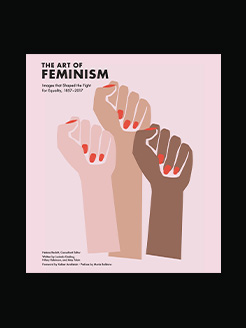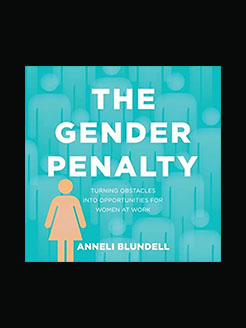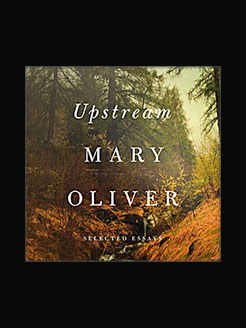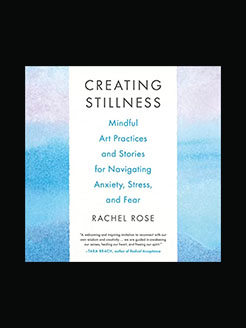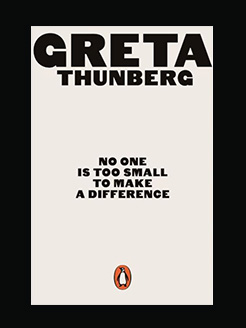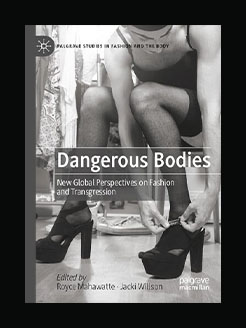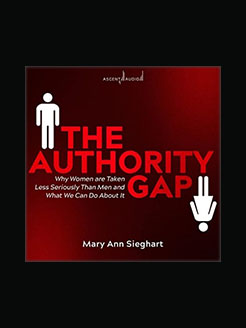Published in 2023
248 pages
Leigh Gilmore is the author of The #MeToo Effect: What Happens When We Believe Women (2023), Tainted Witness: Why We Doubt What Women Say About Their Lives (2017), The Limits of Autobiography: Trauma and Testimony (2023), and Autobiographics: A Feminist Theory of Women’s Self-Representation (1994), as well as coauthor with Elizabeth Marshall of Witnessing Girlhood: Toward an Intersectional Tradition of Life Writing (2019). She lives in Cambridge, MA and contributes regularly to WBUR’s Cognoscenti.
What is this book about?
The #MeToo movement inspired millions to testify to the widespread experience of sexual violence. More broadly, it shifted the deeply ingrained response to women’s accounts of sexual violence from doubting all of them to believing some of them. What changed?
Leigh Gilmore provides a new account of #MeToo that reveals how storytelling by survivors propelled the call for sexual justice beyond courts and high-profile cases. At a time when the cultural conversation was fixated on appeals to legal and bureaucratic systems, narrative activism–storytelling in the service of social change–elevated survivors as authorities. Their testimony fused credibility and accountability into the #MeToo effect: uniting millions of separate accounts into an existential demand for sexual justice and the right to be heard.
Gilmore reframes #MeToo as a breakthrough moment within a longer history of feminist thought and activism. She analyzes the centrality of autobiographical storytelling in intersectional and antirape activism and traces how literary representations of sexual violence dating from antiquity intertwine with cultural notions of doubt, obligation, and agency. By focusing on the intersectional prehistory of #MeToo, Gilmore sheds light on how survivors have used narrative to frame sexual violence as an urgent problem requiring structural solutions in diverse global contexts. Considering the roles of literature and literary criticism in movements for social change, The #MeToo Effect demonstrates how “reading like a survivor” provides resources for activism.
